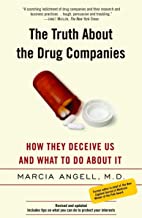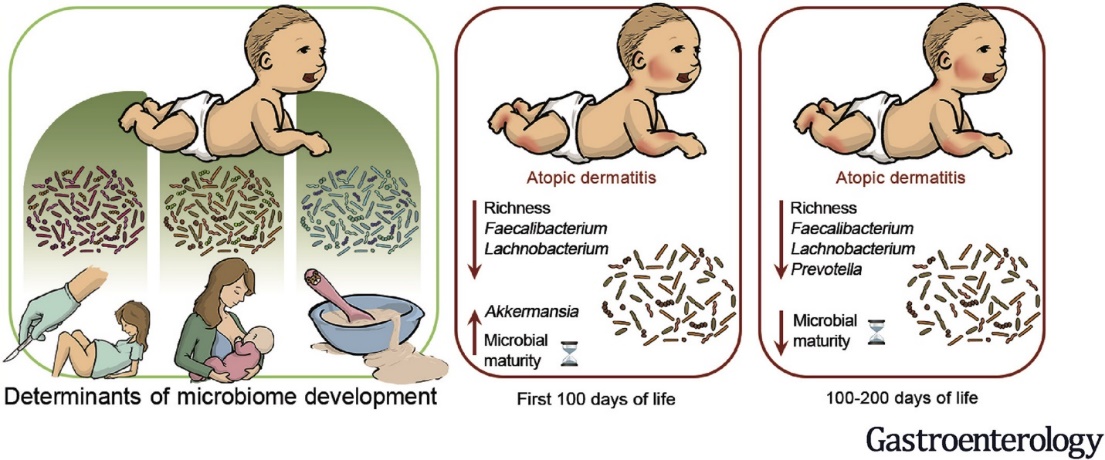

It is easy to beat up on greed. I try not to because it is a waste of energy. Yet, its slimy tentacles invade every aspect of our lives. What I find most reprehensible is how Big Pharma colludes to denigrate nutritional therapies, even specific foods. All the while it markets their isolated version of micronutrients at exorbitant prices. Did you know Big pharma has its lap dog, the FDA, forbid growers of nuts and berries to make health claims about their products?
Hugo Rodier, MD
Exposure to Drinking Water Chlorination by-Products and Fetal Growth and Prematurity
J. Environmental Health Perspectives 2020;128NO. 5
Comment: there is a causal relationship. Best to filter your water, particularly if you have a history of babies born prematurely and/or small for their age.
Substitution of Milk with Whole-Fat Yogurt Products or Cheese Is Associated with a Lower Risk of Myocardial Infarction: The Danish Diet, Cancer and Health cohort
Journal of Nutrition 2020;150:1252–1258
Comment: explore past issues. You will find numerous articles showing that the data to promote milk is flawed. Yogurt and cheese are better, but the best is to be vegan, especially if you have cardiovascular issues and/or diabetes.
Mediterranean Diet Increases Endothelial Function in Adults
Journal of Nutrition 2020;150:1151–1159
Comment: the endothelium is the wallpaper of arteries. Many consider it an organ, being that it is so critical in our health. It has a lot of wear-and-tear. As such, it needs the best micronutrients to rebuild itself. This is where cardiovascular begin at the microscopic level. Eat the Mediterranean diet (minus animal protein) and you will lower your risk of practically all diseases, not just cardiovascular.
Consuming half-tablespoon of olive oil daily may reduce risk for cardiovascular disease
“The New York Times (5/12, Bakalar) reports that “consuming just a half-tablespoon of olive oil a day is linked to a significant reduction in the risk for cardiovascular disease, researchers” concluded after examining “health and diet data on 61,181 women and 31,797 men participating in two health studies beginning in 1990.” After adjusting for confounding factors, investigators found that “compared with people who used no olive oil, those who consumed at least one-and-a-half teaspoons (a half tablespoon) a day had a 14% lower risk for cardiovascular disease, and an 18% lower risk for coronary heart disease.” The findings were published in the Journal of the American College of Cardiology.”
Comment: olive oil is a staple of the Mediterranean diet.
Pretreatment Prevotella-to-Bacteroides ratio and salivary amylase gene copy number as prognostic markers for dietary weight loss
American Journal of Clinical Nutrition 2020;111:1079–1086
“The combined use of low AMY1 CN and pretreatment P/B ratio for weight loss prediction led to highly individualized weight loss results with the introduction of more fiber, whole grain, intrinsic sugars, and starch in the diet. These preliminary observations suggest that more undigested starch reaches the colon in individuals with low AMY1 CN, and that the fate of this starch depends on the gut microbiota composition.”
Comment: people who find it difficult to lose weight, despite a very good diet and exercise tend to have a disturbed microbiome, specifically, a lack of the bacteria prevotella and akkermansia. Another factor often involved is stress.
Gut Microbial Metabolites and Biochemical Pathways Involved in Irritable Bowel Syndrome: Effects of Diet and Nutrition on the Microbiome
Journal of Nutrition 2020;150:1012–1021
“The food we consume and its interactions with the host and their gut microbiota affect normal gut function and health. Functional gut disorders (FGDs), including irritable bowel syndrome (IBS), can result from negative effects of these interactions, leading to a reduced quality of life. Certain foods exacerbate or reduce the severity and prevalence of FGD symptoms. IBS can be used as a model of perturbation from normal gut function with which to study the impact of foods and diets on the severity and symptoms of FGDs and understand how critical processes and biochemical mechanisms contribute to this impact. Analyzing the complex interactions between food, host, and microbial metabolites gives insights into the pathways and processes occurring in the gut which contribute to FGDs. Many metabolites, for example bile acids, SCFAs, vitamins, amino acids, and neurotransmitters, can be altered by dietary intake, and could be valuable for identifying perturbations in metabolic pathways that distinguish a “normal, healthy” gut from a “dysfunctional, unhealthy” gut.”
Comment: “irritable bowel” is the name. Funny how you were never told what irritates the bowel. What could it be other than the food you eat? OK, stress also plays a role. It’s both. The problem is that a disturbed microbiome is seldom addressed and hardly ever treated by improving a patient’s diet.
Development of the Microbiota and Associations With Birth Mode, Diet, and Atopic Disorders in a Longitudinal Analysis of Stool
J. Gastroenterology 2020;158:1584–1596 
Comment: just about ALL skin problems originate in the gut. Eczema is the most common. The steroid cream you were given is only treating the symptoms. You need to improve microbiome, especially in children.
Gut microbiota shape ‘inflamm-ageing’ cytokines and account for age-dependent decline in DNA damage repair
J. Gut June 2020
“Taken together, our results reveal a previously un-recognized link between commensal bacteria-induced inflammation that results in age-dependent decline in DNA damage repair. Importantly, the present study supports the notion of a cell non-autonomous mechanism for age-related decline in DNA damage repair that is based on the presence of ‘inflamm-ageing’ cytokines in the tissue microenvironment, rather than an intrinsic cellular deficiency in the DNA repair machinery.”
Comment: do you worry about ageing? Your skin doesn’t look like it used to? Don’t fall for creams, potions, hormones, etc. Eat your veggies! Take care of your microbiome. It will take care of your DNA by decreasing the inflammation generated by sugar-loving bacteria in the gut.
Different kinds of tumors have distinct microbiomes
“STAT (5/28, Cooney) reports “scientists have discovered distinct populations of microbes living inside different types of tumors: In other words, breast and brain and pancreatic tumors have their own characteristic microbiomes,” according to a study published in Science. The study “suggests the bacterial communities within tumors could be exploited to devise a new form of targeted therapies, in the same way we now develop drugs based on the molecular features of a tumor.” HealthDay (5/28, Norton) reports “the study also found that the same bacteria within tumor cells were present in patients’ immune system cells. Among other things, that brings up the possibility that tumor bacteria could have an effect on patients’ responses to certain cancer therapies.”
Comment: remember that 2/3 of your immune system is in the gut. It also helps you detoxify the environmental pollutants associated with bad diets and chemicals. Genetics are responsible for less than 20% of cancers. Yet another reason to eat your veggies.
Even one daily serving of a sugary soft drink may be tied to higher risk for cardiovascular disease among women
“CNN (5/13, Prior) reports, “Even one serving daily of a sugary soft drink is associated with higher risk of cardiovascular disease,” investigators concluded after cataloging “answers from about 106,000 women who filled out a food questionnaire. The survey included questions about how often they drank sweetened beverages, including sodas, sports drinks and sweetened bottled waters.” Specifically, the study found that “drinking one or more sugary beverages each day was associated with a nearly 20% greater likelihood of having a cardiovascular disease, when compared with women who either didn’t drink or rarely drank sugary beverages.” Women “who consumed fruit drinks with sugar added on a daily basis had a 42% greater likelihood of experiencing cardiovascular disease compared with those who didn’t drink sugary beverages at all,” the study also revealed. The findings were published online in the Journal of the American Heart Association.”
Comment: sugar damages the endothelium directly. Indirectly, it causes insulin resistance and a disturbed microbiome. Add it all up and you got a heart attack brewing when you consume refined sugars. Think of a drop of water on a rock.
Prospective Investigation of Serum Metabolites, Coffee Drinking, Liver Cancer Incidence, and Liver Disease Mortality
J. Natl Cancer Inst. 2020;112(3):286-294.
“A broad range of compounds were associated with coffee drinking, incident liver cancer, and liver disease death over 27 years of follow-up. These associations provide novel insight into chronic liver disease and liver cancer etiology and support a possible hepatoprotective effect of coffee.”
Comment: coffee is great because of its anti-oxidants. Not so good for the gut and heart if you are sensitive to caffeine. Best to drink Van Houtte. It is decaffeinated by the Swiss water method. No chemicals involved.


